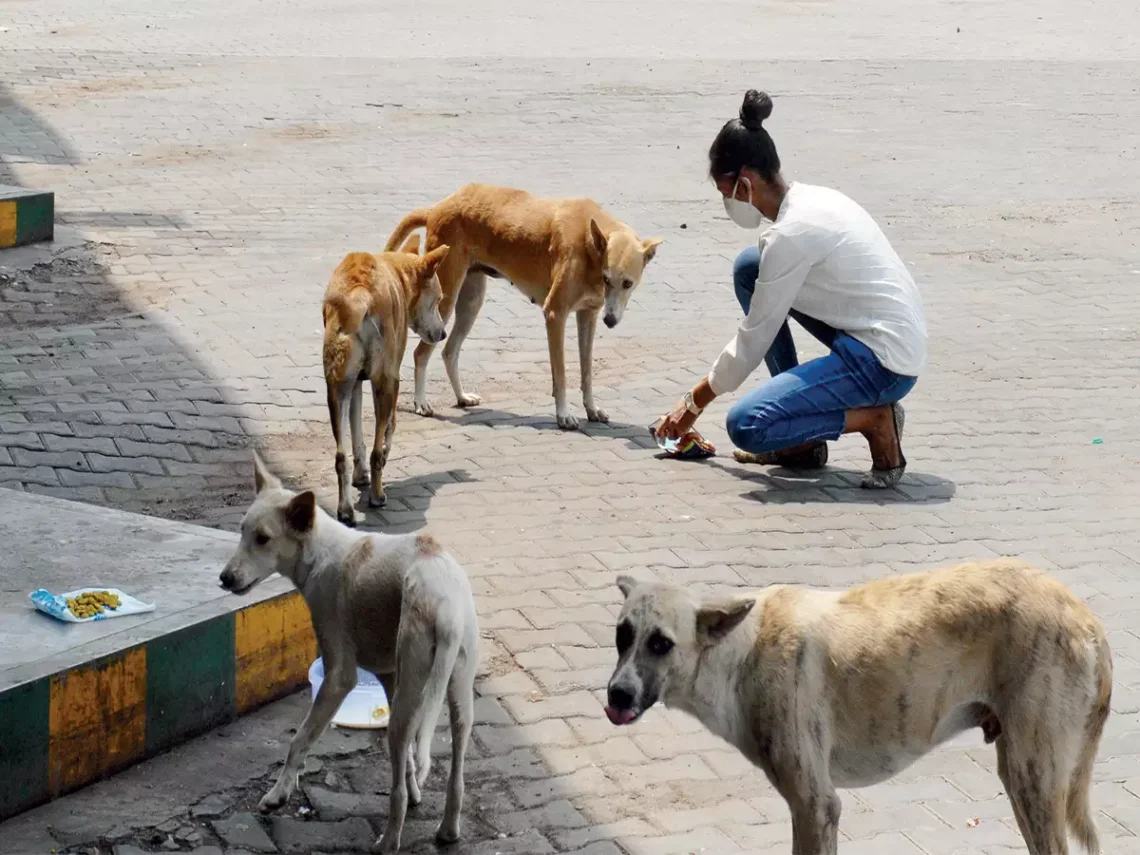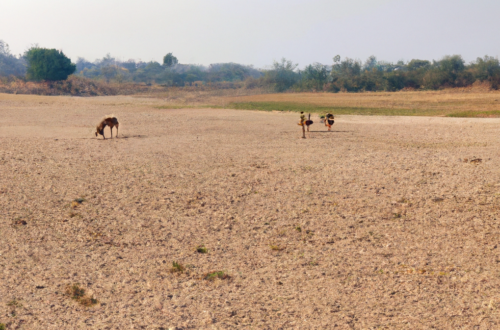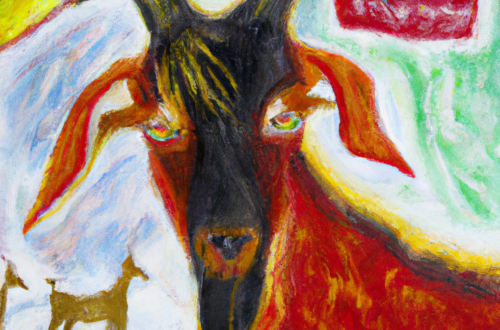
Feeding Street Dogs in India: The Nuances of Compassion
Street dogs, with their wagging tails and perky ears, are an integral part of India’s urban tapestry. Their presence evokes a spectrum of emotions: warmth for some and apprehension for others. Amidst this landscape, the practice of feeding them stands out as a profound gesture of empathy. Yet, like every act with profound implications, feeding street dogs demands a deeper understanding and responsibility.
Empathy in Action
Behind every morsel of food given to a street dog is a heart that cares. These individuals, who go out of their way to feed them, are not just providing sustenance but also showcasing an empathy that goes beyond the usual bounds of human nature. They carve time out of their bustling schedules and often dip into personal savings, all in the spirit of unconditional love. This is more than just a kind act; it’s a testament to the inherent goodness of humanity.
Feeding as a Conduit for Better Welfare
The routine of feeding can be transformational for a dog’s trust in people. This is especially pivotal in initiatives like the Animal Birth Control (ABC) program. A dog familiar with human interaction is easier to approach, treat, and care for. Moreover, regular interaction means any health aberrations are quickly spotted, ensuring these canine companions get timely care—a vital step for overall street dog welfare.
The Unintended Ripple Effects
Good intentions sometimes have unintended outcomes. In the context of feeding street dogs:
- Discarded food can inadvertently litter the environment, creating sanitation concerns.
- A concentration of dogs in feeding areas might inadvertently create zones that some people, especially children or those with a fear of dogs, find intimidating.
- The anticipation of food can sometimes make dogs more assertive or even aggressive, risking incidents that can escalate human-dog conflict, biting and chasing behaviours.
Interference with Natural Instincts
Nature has endowed street dogs with remarkable resourcefulness. Their routines often involve a mix of scavenging and sourcing food from various sources. This isn’t just about food—it’s about their natural behavior, their freedom, and their engagement with their environment. Over-dependence on human-fed meals can dilute these instincts, subtly chaining them to a life of dependency.
Cultivating Mindful Compassion
Being compassionate doesn’t mean being indiscriminate. Here’s a nuanced approach to feeding:
- Observe before you act. If a dog’s physical condition—like being underweight or appearing unwell—signals distress, then feeding becomes an act of urgent kindness. Consider offering this as temporary support till the dog is well again. Otherwise, dont feed!
- While feeding (if absolutely necessary), maintain an environmental ethic. Clean up after, ensuring the area remains tidy, and feed away from areas which are busy spaces for people.
- Instead of regularly feeding healthy dogs, consider simply interacting with them in a friendly manner. Offering occasional scraps or treats can maintain their friendliness and familiarity with humans. This ensures they remain approachable for initiatives like ABC or healthcare interventions, without inadvertently causing complications. Additionally, this method of interaction fortifies a bond that is emotionally enriching for both humans and dogs, celebrating the beautiful and symbiotic relationship shared between the two.
- If you’re feeding a fit and healthy dog, think long-term. Perhaps gradually reduce the feeding, helping them rediscover their natural instincts.
The narrative around feeding street dogs isn’t about discouraging kindness, but about deepening our understanding of its effects. By infusing our compassion with awareness and responsibility, we can craft a harmonious coexistence with our four-legged companions, ensuring that our cities remain spaces of shared empathy and respect.





